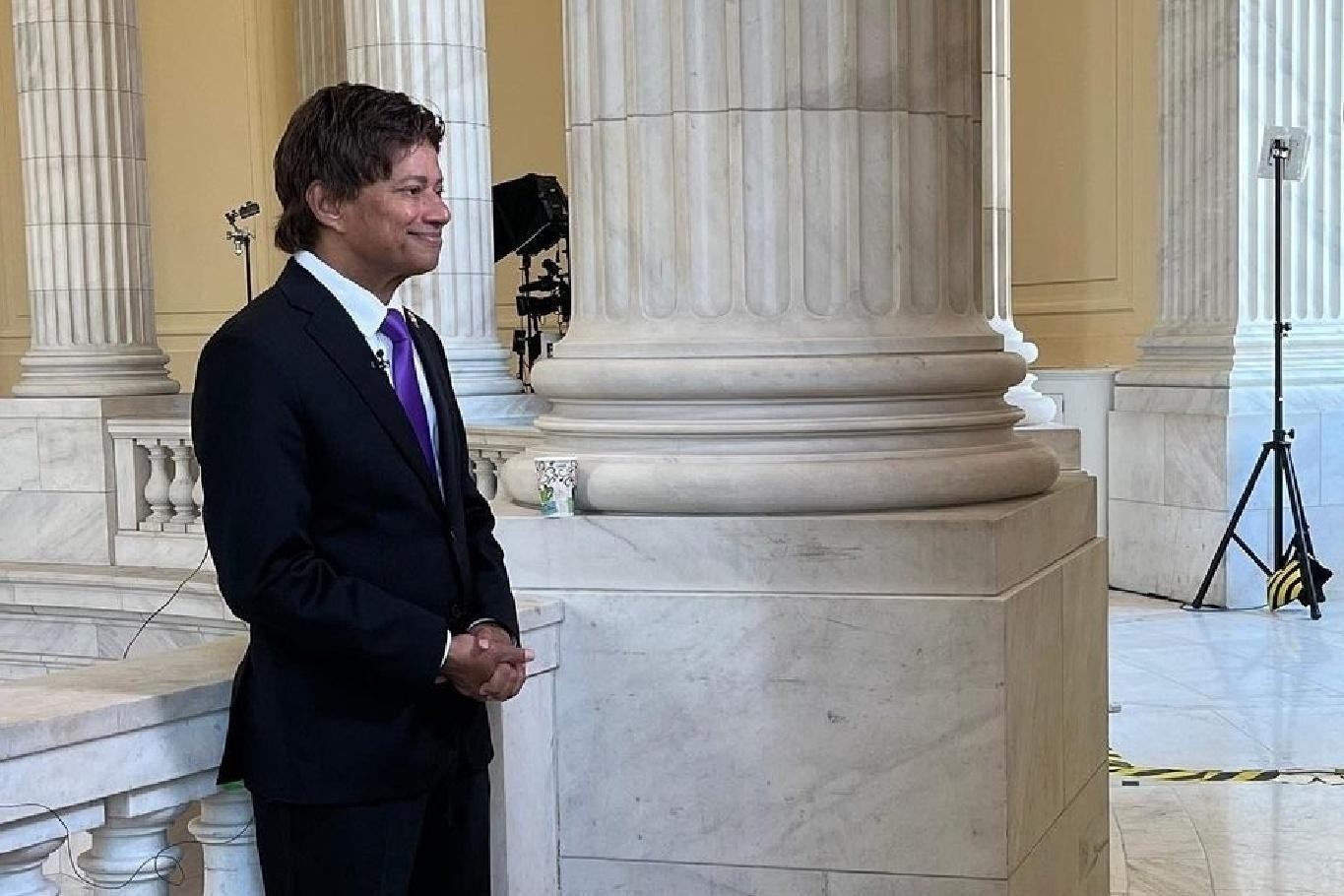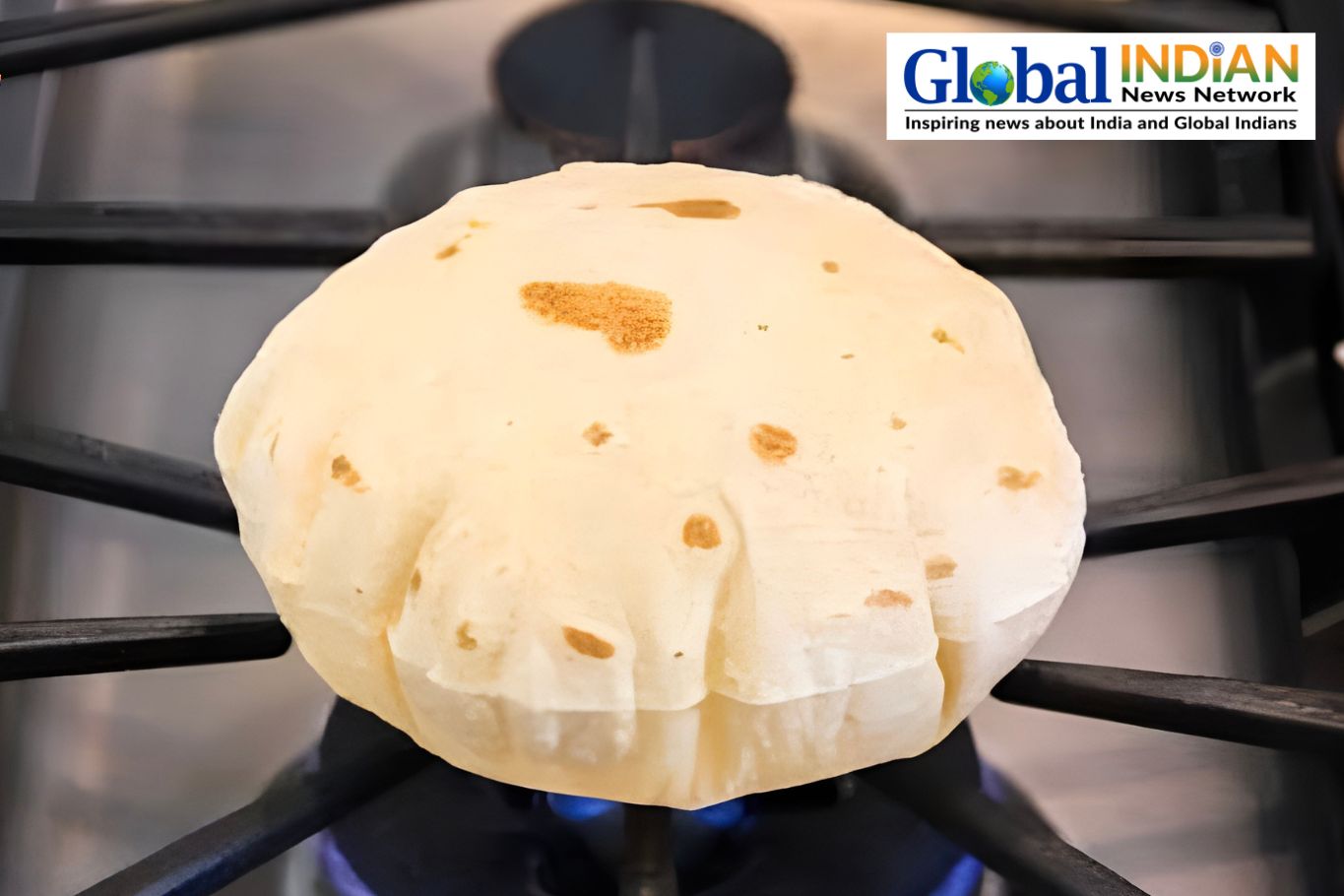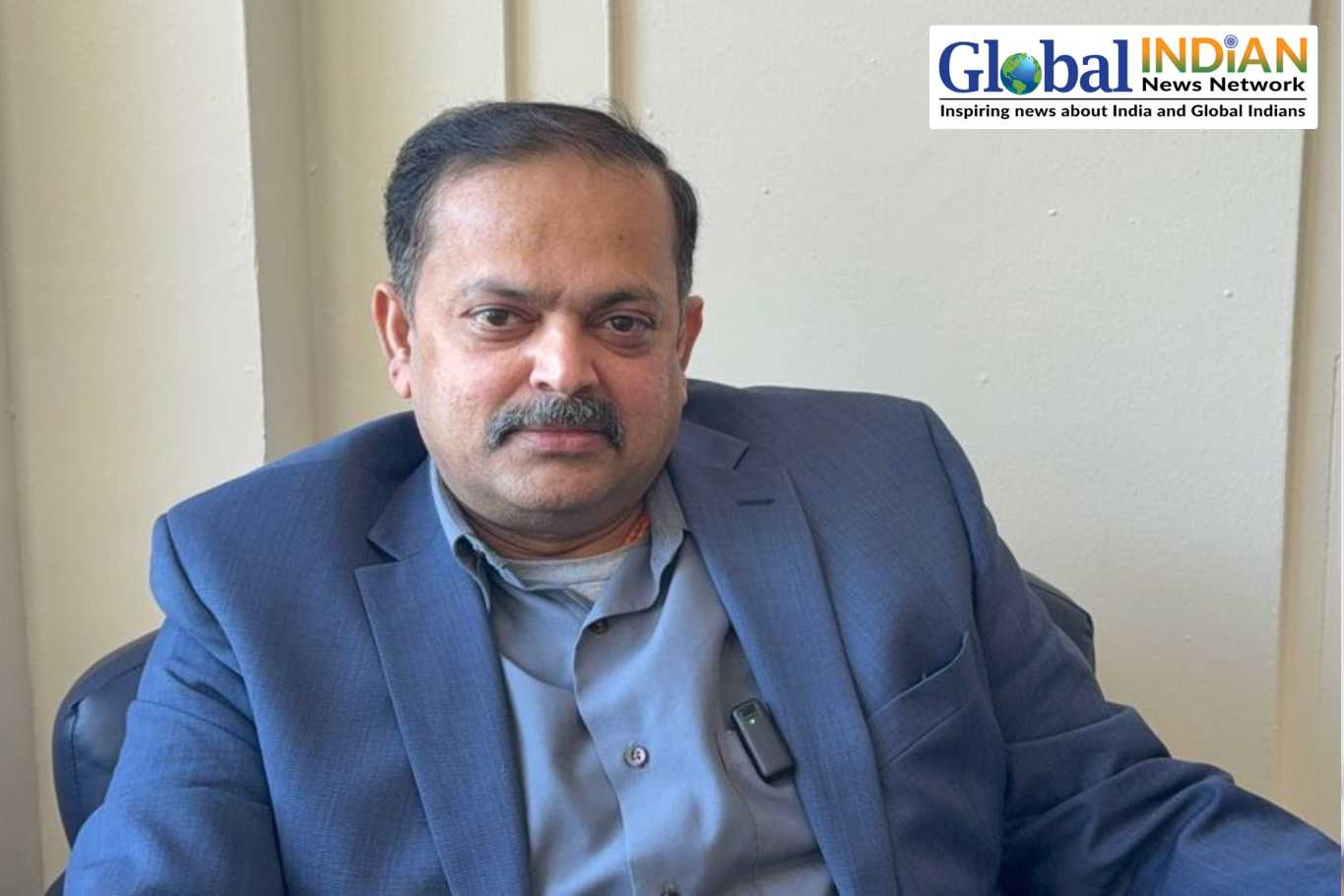
Shri Thanedar, an Indian-American Congressman from Michigan, has introduced a bill to allow foreign students to remain in the US after completing their studies. The bill, HR 9023, known as the Keep STEM Graduates in America Act, seeks to reform the H-1B visa process and increase the number of available visas each year, thereby making it easier for graduates to stay in the US. This legislation is expected to benefit numerous Indian students and millions of international students.
HR 9023 aims to expand America’s STEM (science, technology, engineering, and mathematics) workforce by retaining graduates through an increased availability of H-1B visas and a simplified application process. The bill focuses on the significant contributions of foreign students to innovation and growth in the US, particularly in technology and science.
Republican presidential candidate Donald Trump has also voiced support for foreign graduates, pledging to grant automatic Green Cards to those graduating from US colleges. In an ‘All-In’ podcast, Trump argued that retaining bright students prevents them from returning to their home countries, such as India and China, where they often become multibillionaires.
Thanedar, drawing from his own experience as an immigrant, underscored the importance of this legislation. Reflecting on his own journey, Shri Thanedar emphasized, “Having benefited immensely from educational opportunities in the US as an immigrant, I recognize the vital need to retain our brightest students here,” as reported by ANI.
The proposed act seeks to address challenges faced by graduates in securing H-1B visas. By increasing the number of visas and simplifying the application process, the bill aims to retain top talent in the US. Thanedar remarked, “Increasing H-1B visa availability and simplifying the application process are crucial steps toward ensuring that the most innovative students choose to drive their innovations here in the US.”
Highlighting the difficulties students face with visa deadlines, Thanedar emphasized the need for revisions to the extension process. Indian tech professionals have historically dominated H-1B visa allocations, securing about 70% of the 85,000 visas available annually, including the 20,000 visas for advanced US degree holders. In 2022, Indians accounted for 77% of the 320,000 approved H-1B visas, and the US Citizenship and Immigration Services (USCIS) expects around 350,000 applicants this year, despite new measures against fraud.
In 2023, the US issued a record number of over 140,000 visas to Indian students, with the number expected to rise further. The Foundation for India and Indian Diaspora Studies (FIIDS) has expressed support for the legislation. Khanderao Kand, Chief of Policy and Strategy at FIIDS, praised the legislation, saying, “We commend Congressman Thanedar for introducing this crucial bill to keep foreign STEM graduates in the US by extending their Optional Practical Training. This will benefit countless Indian and international students.”
Thanedar emphasized the importance of giving students sufficient time to secure employment and the ideal workspace for their skills. “This bill is one of many I support to foster a more equitable world and strengthen the economy for the benefit of Americans and Michiganders,” he concluded.









